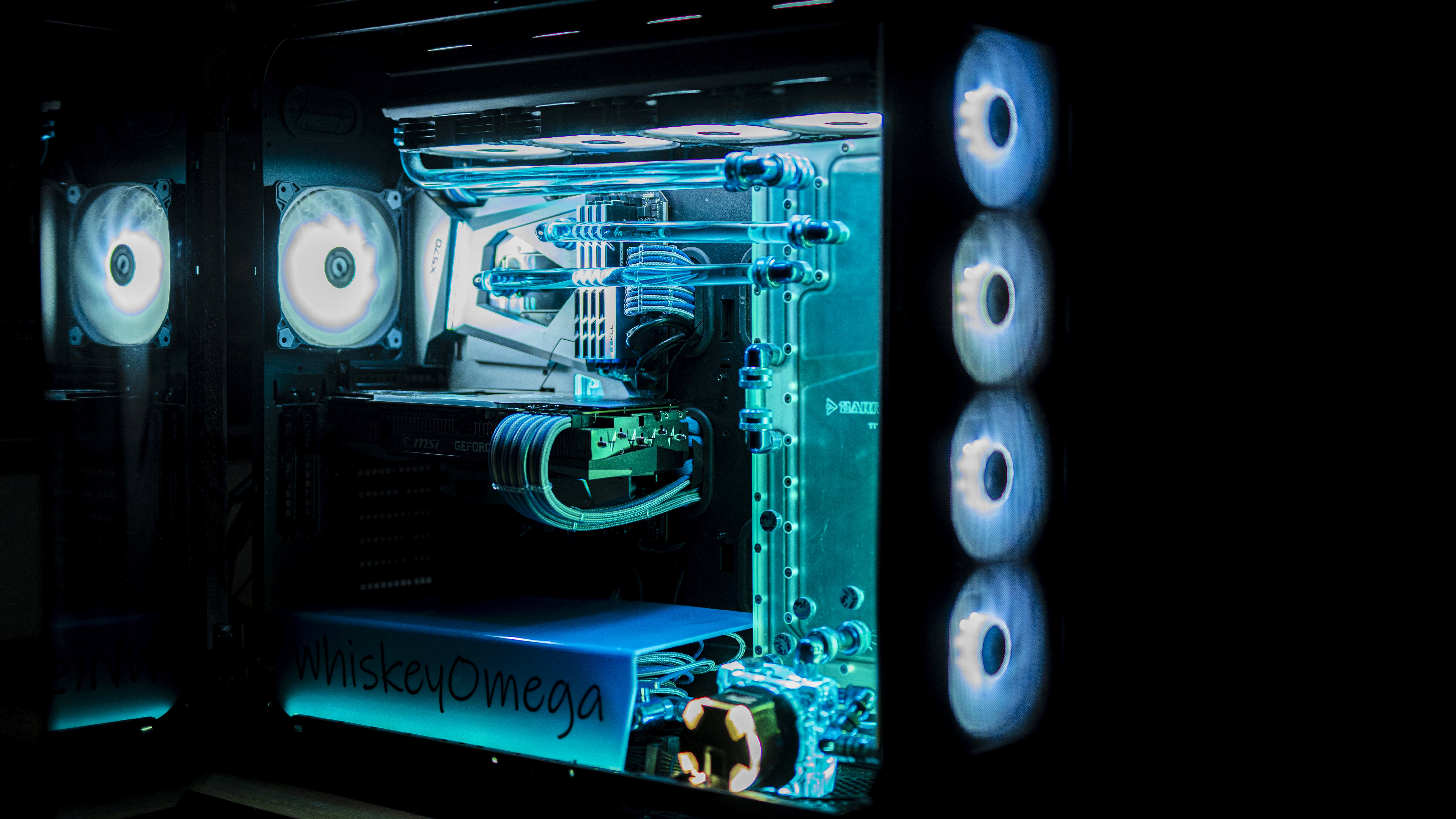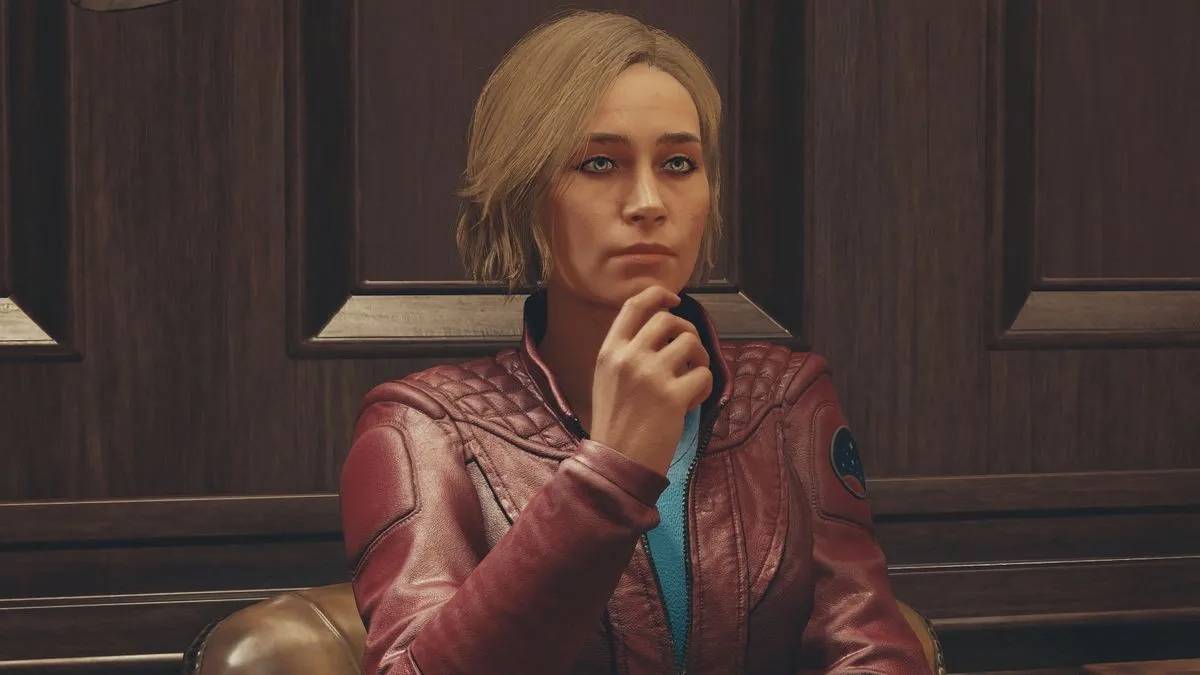Starfield is here, and after dozens of hours floating in space our reviewer Chris Livingston liked it—but didn’t love it. “Starfield is Bethesda’s biggest RPG ever, and it shares even more DNA with Skyrim and Fallout 4 than I expected—but it ultimately falls far short of the greatness of both of those games,” he wrote in his 75% Starfield review.
As one of the most anticipated games of the year, there are unsurprisingly already tons of Starfield reviews online from other publications that have been playing the game for the last week. Although there are some notable exceptions: Bethesda didn’t provide early review code to UK-based publications Eurogamer, The Guardian, and our sister magazine Edge until shortly before or just after today’s embargo. That means there are still more reviews to come—but with 97 reviews already collected on OpenCritic, there’s already a wide spread of reactions, from “this could be one of the most ambitious games ever made” to “a mile wide, but an inch deep.”
Here’s what the critics are saying.



I would argue Danse was pretty rabid about his purpose, which made the unraveling of his personal issue that much more delightful. Maybe not an unusual personality in the Brotherhood, but removed from that context, I thought he was one of the more fanatical characters we had.
And I get your meaning here, but I still contend I remember and can chat about all those folks you mentioned a lot better than the side cast of most games. Most characters are so normal I can’t even remember them to give you examples, and even if I could, they’d all be about the same kind of people anyway.
So I think it’s just a matter of different goals that appeal to different people. If the world is grand and immersive, you can get away with more normies. If the world is pretty standard, you need the characters to provide more excitement. I’m guessing Starfield has the benefit of a new setting, like early fallouts did, and doesn’t have to lean as hard on having an interesting population - but that’s bound to be a negative in some people’s books.
Yeah, and reading over my original comment, I can see where you are coming from, because I was just responding to a snippet about characters being unusual, not insane, and was kind of going off on a tangent. Not everyone who is weird is insane.
It’s just specifically the insane bit that has bugged me.
Hancock is unusual, a kind of hardcore anarchist/libertarian. But he’s not what I’d call insane.
Father has a worldview that has driven him to do some pretty extreme things, but he’s not nuts; you can see how, from his position, what he’s doing is a reasonable approach.
It’s the characters where they just don’t act the way that a regular person would, to the point that they’d probably be unable to function in the present-day world, much less in a post-apocalyptic one.
And while I agree that adding quirks can make a character more memorable, I don’t think that making memorable characters it requires mucking with their head.
Abernathy Farm has a collection of pretty “ordinary” characters in Fallout 4, but I think that they’re reasonably memorable; they have a personal tragedy and some grievances.
Whereas the Children of Atom have a lot of people who have a pretty bizarre worldview, yet most of them just blur into each other for me, aside from a few characters who stand out for other reasons.
Not Fallout 4, but in Fallout: New Vegas, I think that Veronica Santangelo was a pretty interesting character, but she was maybe one of the most “normal” people in her Brotherhood of Steel bunker.
Jake Finch running off to become a raider with the Forged at Saugus Ironworks is a storyline that I have no problem remembering, but he wasn’t insane – just an ordinary person in a pretty brutal environment.
Billy in Kid in a Fridge, where a kid gets trapped in a fridge at the time of the war, ghoulified, and then you take him back to his parents who were also ghoulified and happy to see him. Everyone there was sane, just in a weird situation.